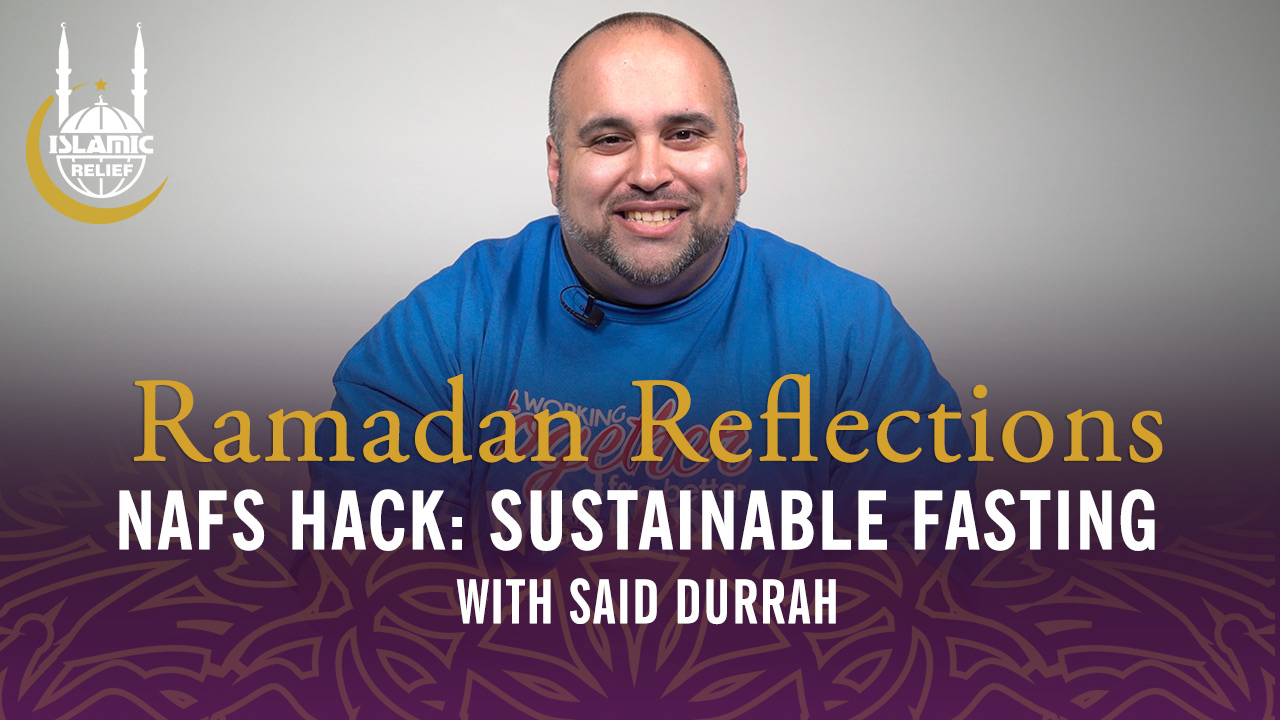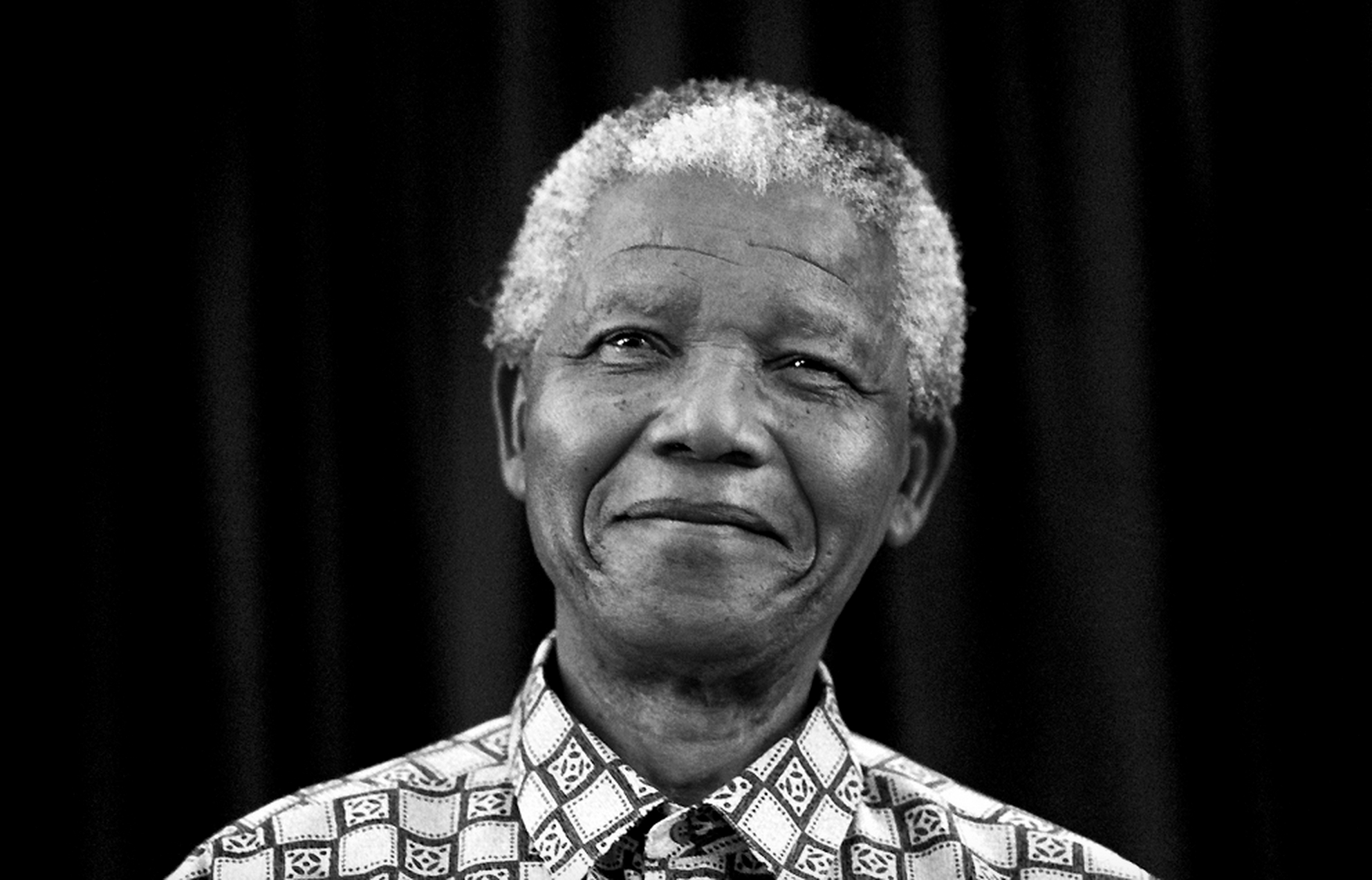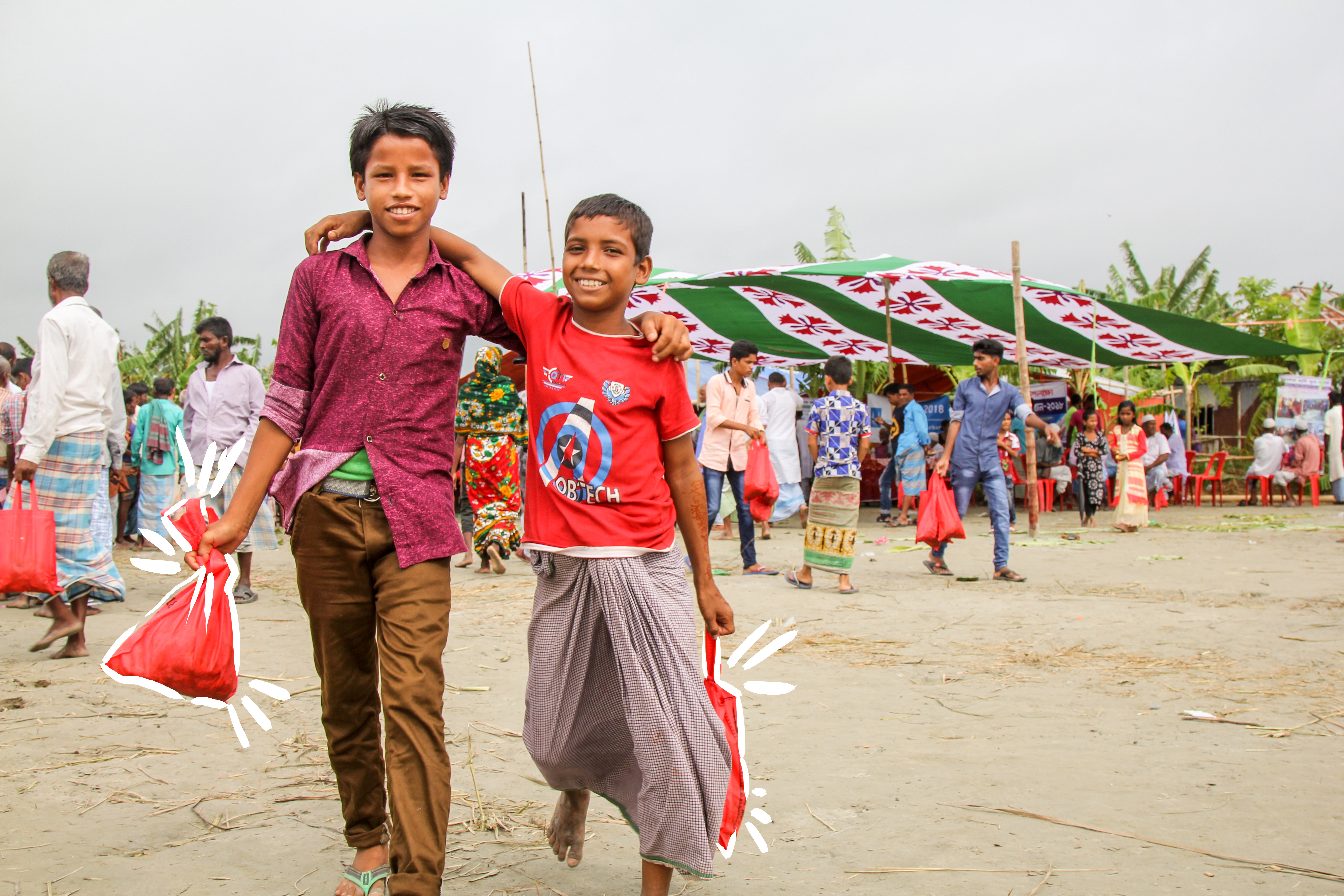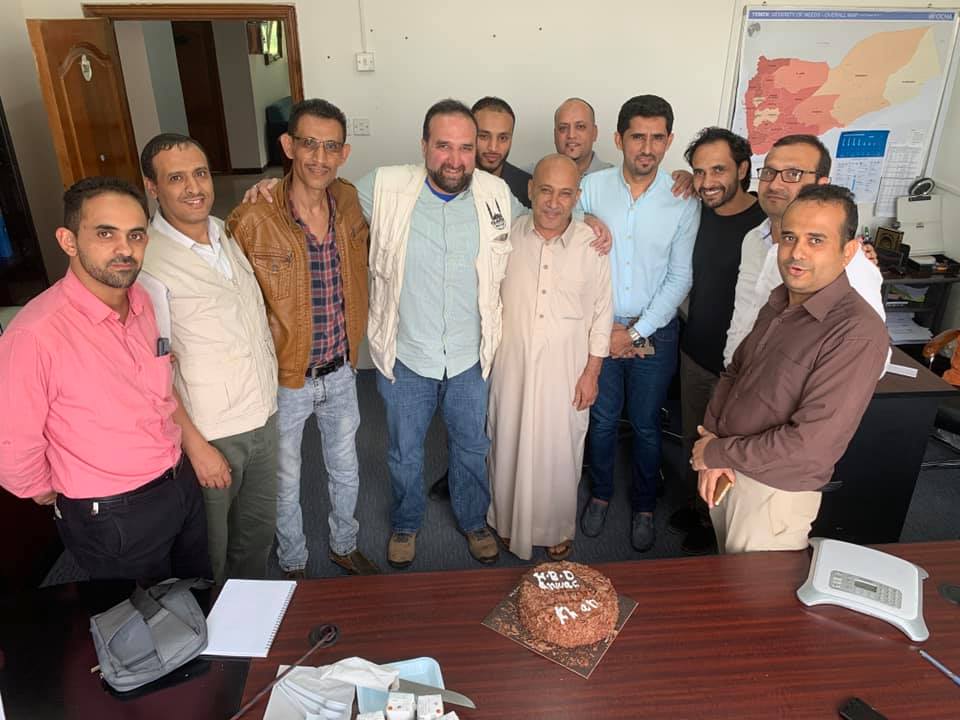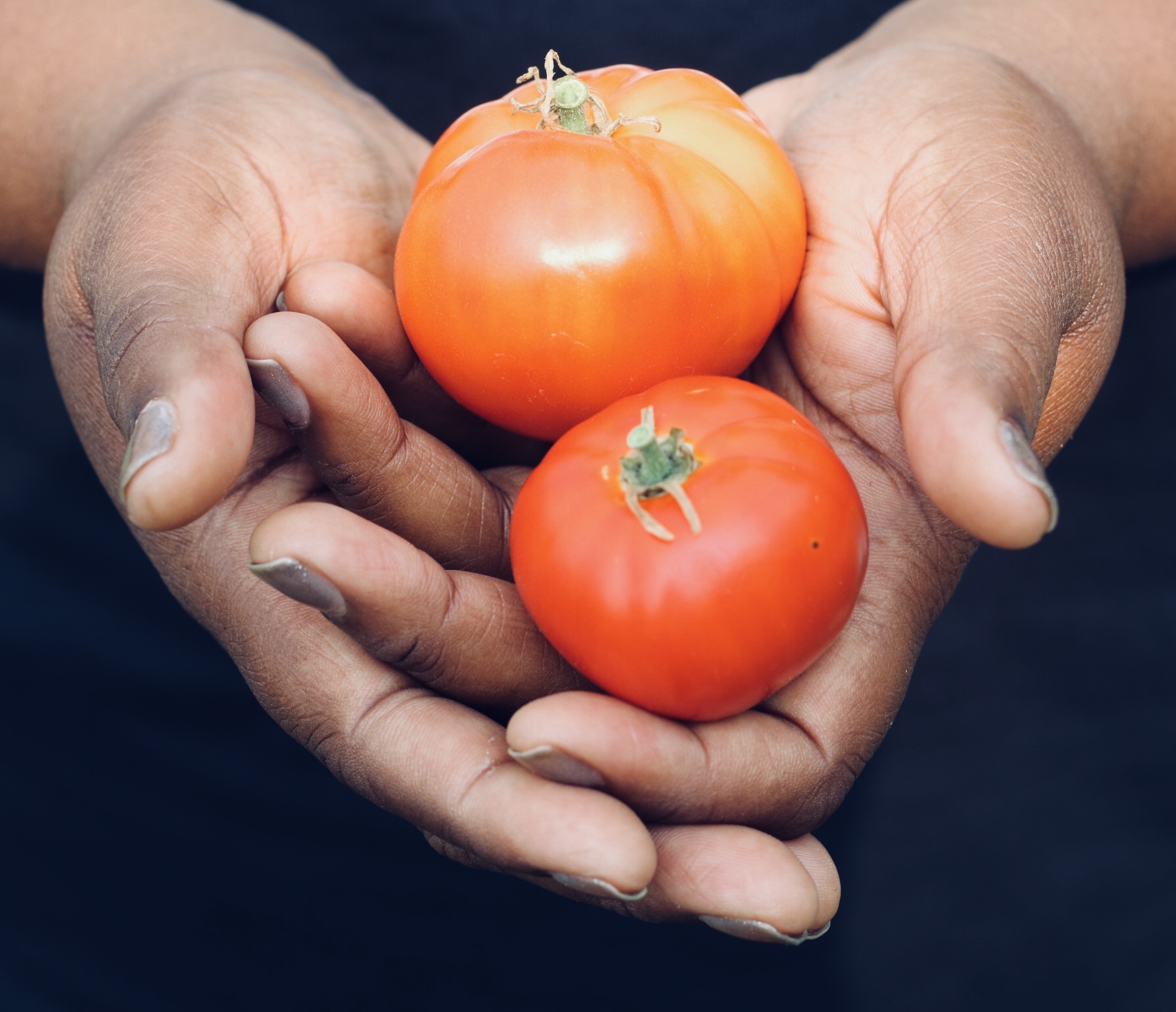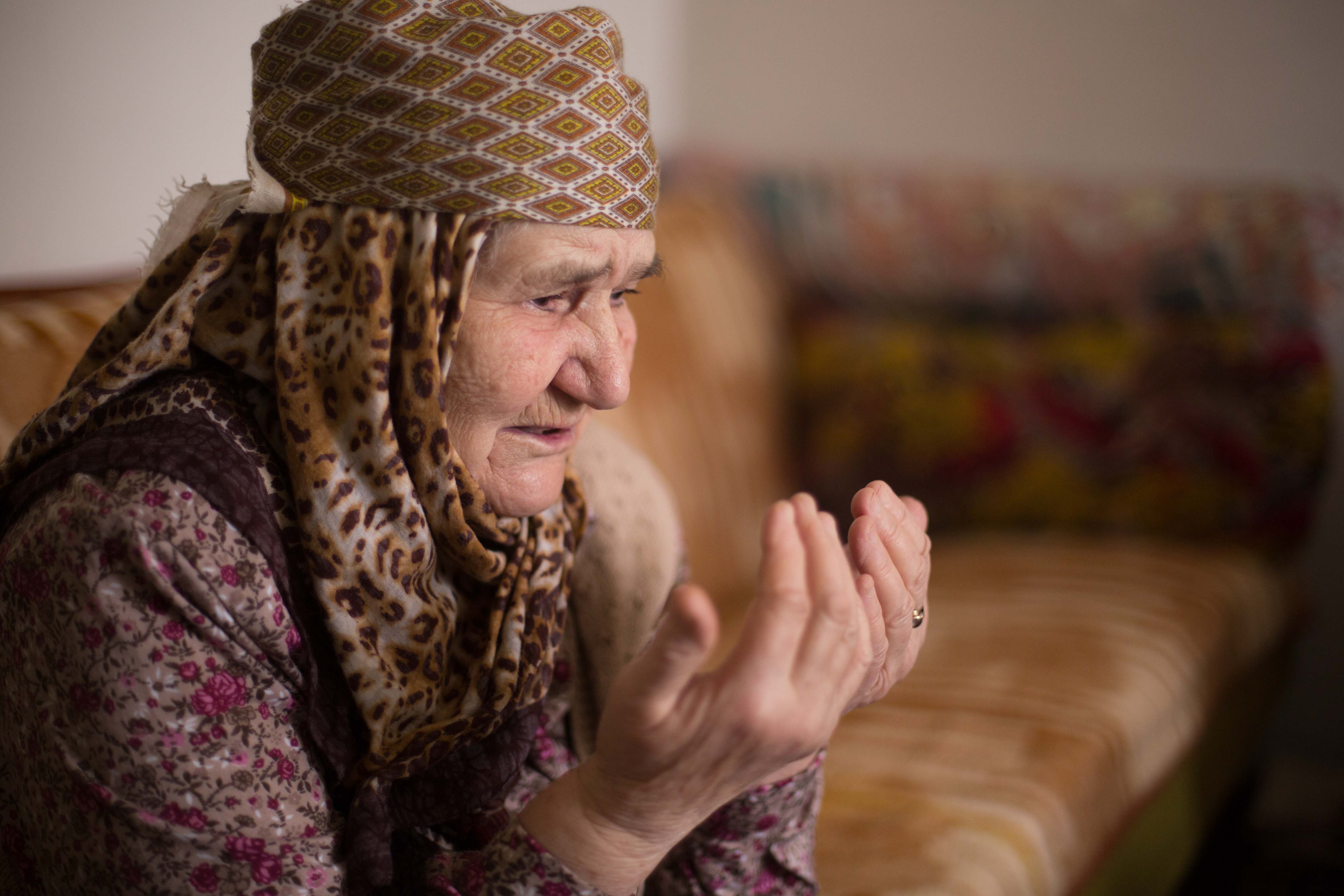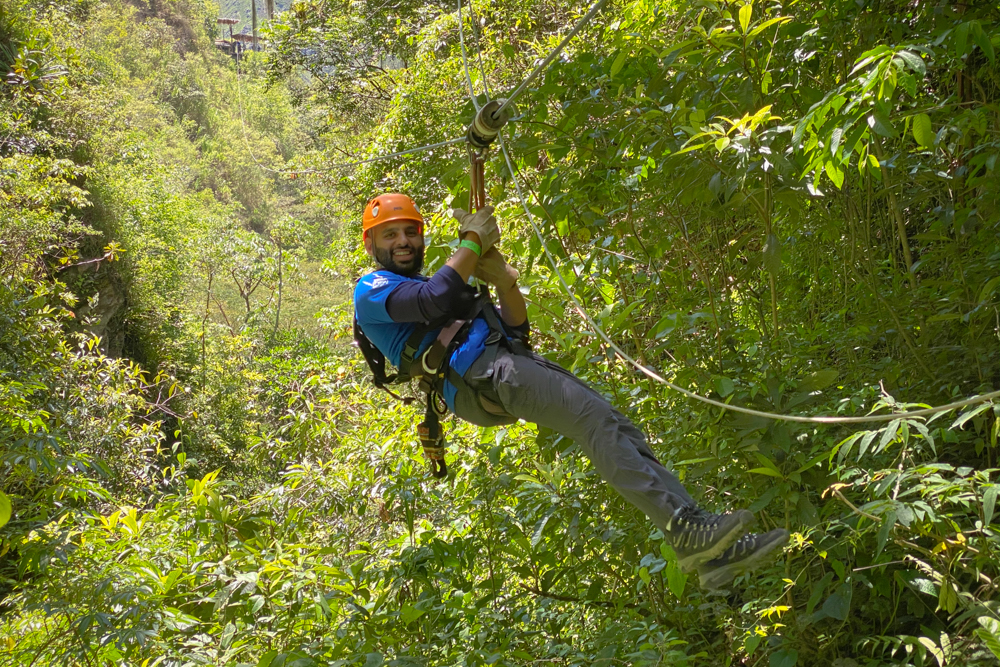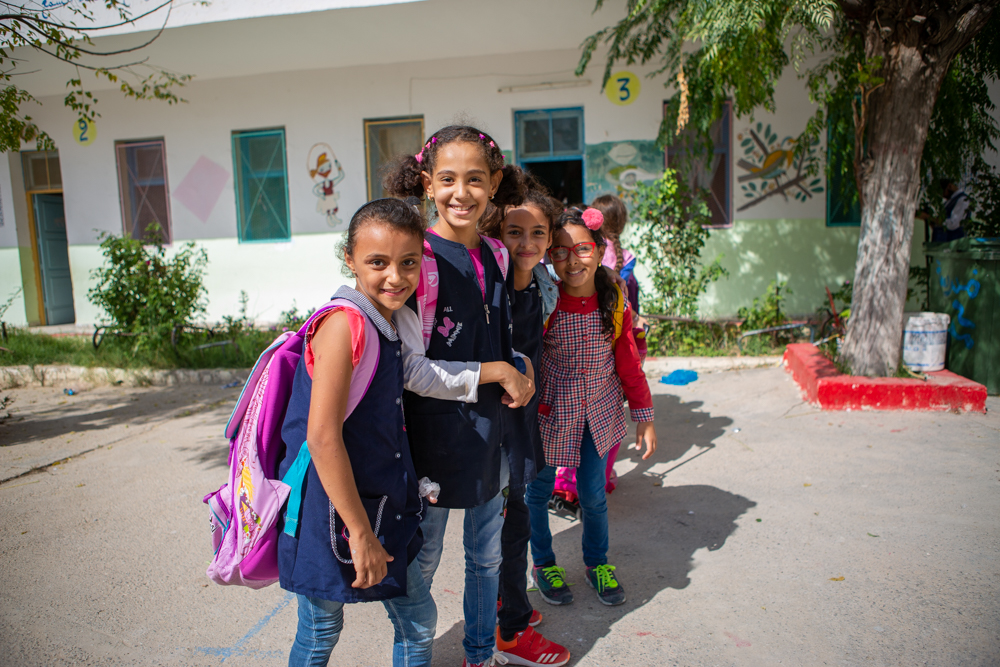-
What Will Happen to the Children?
by Christina Tobias-Nahi, Director of Public Affairs at IRUSA I have just come back from Jordan, Lebanon and Turkey with an inter-agency interfaith team tasked with looking at child protection and welfare issues of emerging concern in the region. Even though I have a background in early childhood education and vulnerable children’s issues – truly I was not prepared for what we saw. Our main takeaway was this: If there is no cessation of hostilities in Syria, the children around the region will continue to suffer like we have never seen before and the effects will be multi-generational. Not just for those fleeing Syria but for the children in the…
-
Dear Aleppo…
IRUSA’s Mayssoun Olabi is from Aleppo, Syria. In the aftermath of the recent attacks, she shares a reflection. Today I woke up with a heavy heart. My usual, happy disposition was muted by images that played over in my head, and sounds that echoed off the walls of my heart. My whole body ached. And though I was deeply upset, I needed to show the world that everything was okay. I needed to show my children. I needed to show myself. Forcing a smile on my face, I went about the morning as usual: Wake up, kids! Brush-your-teeth-comb-your-hair-get-ready-for-school. Eat your breakfast. I smiled as my 7-year-old daughter, Mariam, asked me…
-
When Smugglers Abandon Refugee Boats At Sea
Abdullah Shawky is an Islamic Relief USA Disaster Response Team Member. This is part of the emergency story series from Greece. Salam All, I wanted to share with you all a story of a terrible tragedy that occurred the day before yesterday. Due to Internet connectivity issues, I am only able to send this message today. Today was the most difficult for all of us in the harbor. At around 1pm, we received the first batch of survivors from a terrible accident. Some were injured with cuts and bruises, but others suffered far worse… A makeshift wooden boat (we are now seeing more and more of these show up) was…
-
When I Pulled A Baby From A Sinking Raft in Greece
Abdullah Shawky is an Islamic Relief USA Disaster Response Team Member. He writes from the shores of Lesvos, Greece, where responders try to rescue as many refugees from ocean waters as possible—not all make it. Here is his heart-wrenching story: You don’t have to watch children die at sea, you just have to do something right now. Salam All, It is with a heavy heart that I write the following from Greece. Last night was by far the most terrible moment here on the Island. I say terrible because although we’ve rescued many, we lost one who couldn’t even speak. It began as a light day, as there has been a blockade…
-
Islamic Relief USA Joins CARE to Show Human Face of Syrian Conflict
Sharif Aly is Advocacy Counsel at Islamic Relief USA There are close to 4 million Syrians living as refugees. 4 million. The number is staggering and it continues to grow. The United Nations has called the Syrian conflict, the biggest humanitarian crisis of this generation. With no end in sight and most of the media’s attention focused on military and political issues, Syrians caught in the midst of this crisis are being forgotten. Individual stories that create empathy between people are being lost. On Friday, March 27, Islamic Relief USA participated in “Life in Refuge” an event at Freedom Plaza in Washington D.C., organized by CARE and with other NGO partners…
-
IRUSA Makes Education for Syrian Children a Priority
Enas was nine years old when her and her family fled Syria more than a year ago in January 2014. Their home is now a simple tent in eastern Lebanon in one of the more than four hundred informal settlements that are scattered throughout the country.
-
Syria’s Four Years: Are You Paying Attention to Your Role?
Nada Shawish is a Communications Specialist at Islamic Relief USA. I visited Jordan and Lebanon close to the beginning. The conflict had only begun to get deadly, and I was standing in Zataari camp in Jordan. The camp was filling with people just escaping from Syria—arriving with so little, living in the desert with a flimsy tent, stifled by heat and choked by dust, with absolutely nothing but the clothes on their back. I thought then, these people might not make it. So many of these people will not be able to survive these brutal conditions. I could barely stand or breathe after just an hour at Zataari. Zataari camp…
-
The Double Legacy of the Young Muslims of Chapel Hill
Lina Hashem is Communications Specialist at Islamic Relief USA. The last time IRUSA board member Dr. Hamdy Radwan saw all three of the young Muslims killed Feb. 10 in Chapel Hill, N.C., they were helping others. Deah Barakat was selling toothbrushes at the masjid to raise funds for dental products for Syrian refugees. He wasn’t yet quite comfortable in the role of fundraiser. “You don’t have to pay for it,” Radwan heard him say. “Just make dua for the people.” And the last time he saw sisters Yusor and Razan Abu-Salha, they were at an Islamic Relief USA fundraising dinner, pausing for a photo with their proud father. Artistic Razan…
-
Delivering Aid in Syria: Brave in the Face of Danger
Laura McAdams, international programs coordinator at IRUSA, recently spent a week at the Syrian border in Turkey, monitoring and evaluating delivery of aid IRUSA donors send to Syrians. Here is her report. High risks come along with entering Syria these days. Those risks, along with remote living conditions along the Turkish border, mean that only the most passionate people work for Islamic Relief’s Syria operation. Mohammed Rebii, the operation’s program manager, is one of those people. Mohammed works with a dedicated staff who together have decades of experience working in conflict zone and transitional areas like Gaza, Egypt and Libya. Together, they brave danger to deliver aid from donors in…
-
Islamic Relief USA Donors Fill IRC Program Gap, Prevent Homelessness
Last week, the IRUSA blog featured one mother who got to keep her home because of emergency help from the IRC and IRUSA. Not only that, but because of the help she received, she was able to get the training she needed for a more stable job, one that allowed her to move to an even better living situation for her family. This program continues to change lives today by specifically helping single individuals and couples without children. The IRC program gives couples without children and single individuals the chance to get on their feet before more responsibility makes doing so too difficult – the program prevents homelessness by providing…

